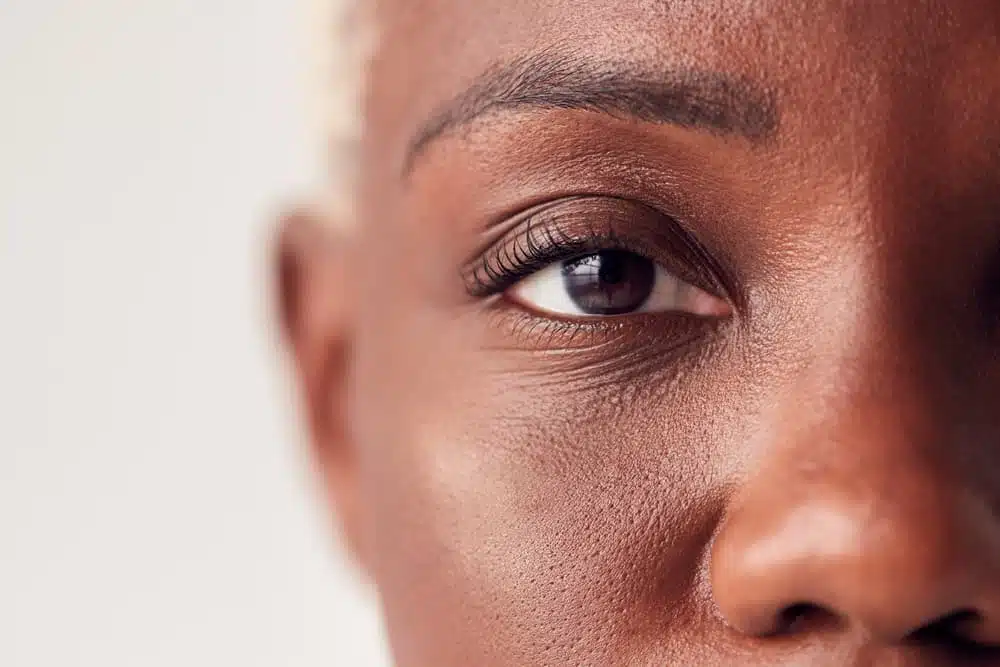You likely know all about the harmful ultraviolet rays that can damage your eyes year-round, and that it’s important to wear sunglasses even on cloudy days. UV ray damage is not the only risk to your eyes, however; various forms of eye disease and even allergens can be just as dangerous. Today, let’s take a look at five ways you can care for your eyes this fall.
Contents
Wash Your Hands
During the flu season, you’re at higher risk of contracting or developing eye-related diseases such as conjunctivitis. This particular condition, which makes the eye red, swollen and extremely itchy, is a common bacterial infection transmitted through direct contact. Ensure to frequently wash your hands thoroughly to avoid contracting conjunctivitis, especially when and after being in public shared spaces or handling touch points like door handles.
Use Eye Drops and/or Protective Gear
Like summer, fall comes with yard work, and that means you’re likely to come into contact with allergens such as plant debris and pollen. Airborne allergens can lead to dry or irritated eyes, so protect them with glasses if the risk is high, which will keep the debris at bay. Eye drops are also important. If you’re raking or blowing leaves, ensure you wear protective yard work goggles or shades that will prevent dirt from flying into your eyes.
Eat Seasonal Fruits and Veggies
Fall comes with a bountiful harvest of seasonal fruits and vegetables, which are filled with antioxidants and nutrients including Vitamin C and/or Vitamin A. Brightly coloured foods, like pumpkin and sweet potatoes, are filled with beta-carotene, which is fantastic for eye health. These foods help protect against cataracts and age-related macular degeneration. Other specific fruits and veggies coming into season include apples, turnips, cauliflower, squash, pears, and pomegranates. Now’s the time to improve your daily nutrition intake!
Wear Prescription Contact Lenses
One of the most anticipated events of the fall is Halloween, and nothing accentuates a good costume like coloured contact lenses. However, it’s important to remember that you should be using prescription contact lenses if you have a preexisting eye condition that affects your vision. Non-prescription costume lenses may fit improperly and lead to eye diseases. Talk to your eye doctor about alternatives.
Get an Eye Exam
If you haven’t had an eye exam recently, this is a good time to go. Adults between the ages of 18 and 60 should have an exam performed every two years at minimum. Seniors should have an annual eye exam. If you have a history of eye disease in your family, diabetes or high blood pressure, a job that puts strain on your eyes, are taking medications that may affect your eyes, or have had eye injuries or surgeries in the past, you should have more frequent eye exams conducted.
Our team here at Laurier Optical offers thorough and attentive optometry services in addition to trusted, high-quality solutions for optimal eye health. We offer eye exams, custom and progressive lenses, and a wide range of stylish and fantastic eyewear. Contact us today to book an eye exam or for more information.
Article has been reviewed by an Optometrist.
